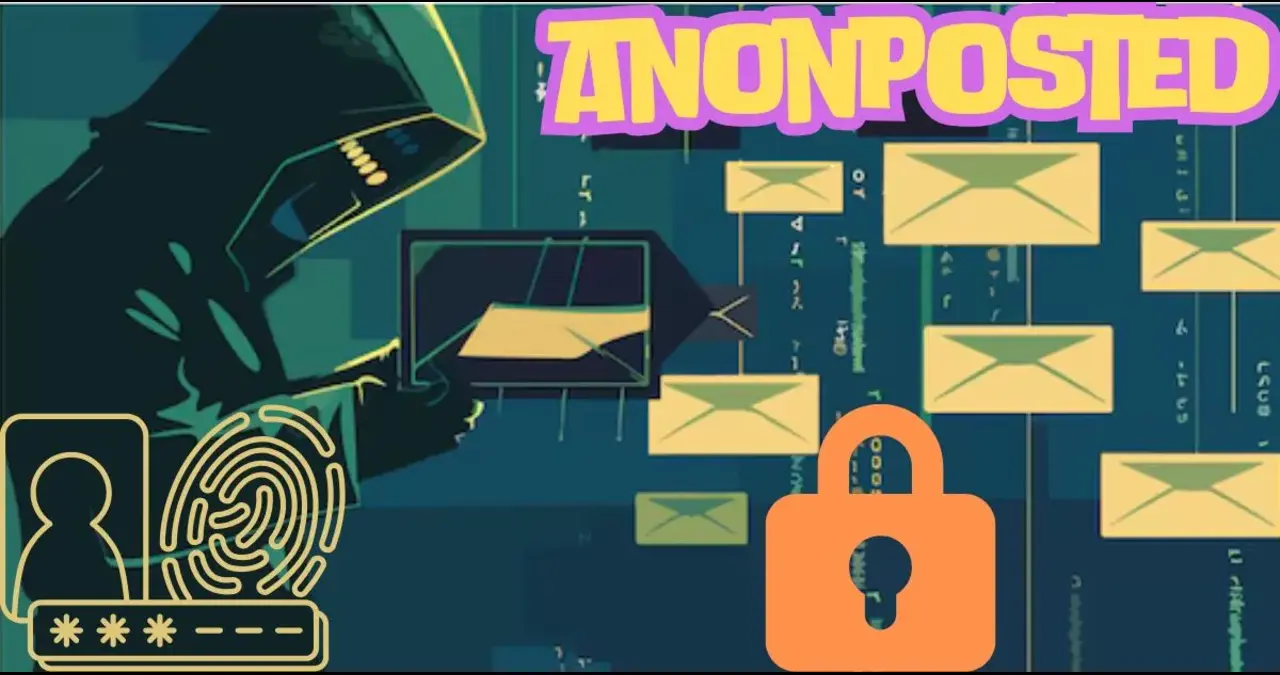Introduction to Anonposted
In the age of digital anonymity and hyper-connectivity, the word “anonposted” has surged into online lexicons, carving its niche in internet culture. But what exactly does “anonposted” mean? Where did it come from, and why is it gaining traction across social platforms, forums, and even mainstream news? This deep dive explores the essence of the term, its implications, and how it’s shaping conversations in the digital age.
What is “Anonposted”?
At its core, “anonposted” refers to content—often controversial, opinionated, or confidential—that is posted anonymously on digital platforms. The term is a hybrid of “anonymous” and “posted”, capturing the essence of hidden identities behind shared information.
Whether it’s on Reddit, 4chan, anonymous confessions pages, or even anonymous tipster accounts on Twitter/X and Instagram, anonposted content is designed to spark intrigue without revealing the identity of the poster. It’s both a tool and a phenomenon, used for whistleblowing, venting, seeking advice, or stirring drama—without attribution.
The Rise of Anonymous Posting Culture
1. The Evolution of Online Expression
The internet has long embraced anonymity. From early IRC chatrooms to modern-day platforms like Whisper and Yik Yak, people have always sought spaces where they could speak without consequence. Anonposted content is merely a modern reflection of that age-old desire—to speak freely, without fear of backlash or retribution.
As cancel culture rose and digital footprints became more traceable, users increasingly turned to anonposting to express opinions they wouldn’t dare attach to their real identity.

2. Gen Z and the Appeal of Anonymity
For younger users, particularly Gen Z, the allure of anonymous sharing is strong. They grew up in an age where oversharing is common but privacy is rare. Anonposted material gives them the freedom to be authentic, unfiltered, and raw, without risking their social standing or mental well-being.
This explains the popularity of anonymous confessions pages across high schools, colleges, and even workplaces, where the anonposted format is used to air grievances, confess secrets, or make bold statements.
Where is “Anonposted” Content Found?
1. Social Media Confession Pages
Facebook groups, Instagram confession accounts, and Twitter/X pages have all embraced the anonposted trend. Users submit their anonymous confessions via Google Forms or DMs, and admins post them without names.
This method not only preserves anonymity but also fuels virality. The more scandalous or emotionally charged the post, the more engagement it garners.
2. Reddit and Imageboards
Subreddits like r/TrueOffMyChest and r/confession thrive on anonposted narratives. Even though Reddit allows pseudonyms, users often go a step further, using throwaway accounts to post something that they never want traced back to them.
Likewise, boards like 4chan are built entirely on anonymous posting, making them hotbeds for anonposted content, ranging from bizarre theories to serious whistleblower claims.
3. Anonymous Feedback Tools
Apps like NGL (Not Gonna Lie) and Tellonym have skyrocketed in popularity, especially among teens. These platforms enable users to send anonymous messages to influencers or friends—another example of how deeply anonposted culture is embedded in modern digital life.
The Double-Edged Sword of Anonposted Content
Pros of Anonposting:
- Freedom of Expression: People can speak their minds without fear.
- Safe Confession Spaces: Those struggling with mental health, identity, or trauma can share openly.
- Whistleblowing & Accountability: Anonposted tips can expose wrongdoings or alert others to danger.
Cons of Anonposting:
- Cyberbullying & Harassment: Anonymity can breed cruelty.
- Misinformation: False claims can spread unchecked.
- Lack of Accountability: People may use anonposting to evade responsibility for harmful actions.
The very nature that makes anonposted content powerful also makes it dangerous. Its authenticity is often unverifiable, and its intentions unclear.
Why “Anonposted” Is Trending Now
Several factors have contributed to the spike in searches and usage of the term “anonposted”:
- Recent viral confessions on platforms like TikTok and X that were anonymous but widely shared.
- Whistleblower leaks from within corporations or political circles that were described as “anonposted by insiders”.
- Digital fatigue from curated, hyper-edited content. People are craving rawness, and anonymity brings that.
The term anonposted has evolved from being just a description into a verb and cultural symbol. To say something was “anonposted” carries with it a certain weight: it hints at secrecy, tension, risk, and truth—or at least perceived truth.
SEO Power of “Anonposted” – Why It Matters
From an SEO perspective, “anonposted” is a rising keyword due to its association with:
- Online community behavior analysis
- Digital ethics and privacy debates
- Viral trends and internet drama
- Anonymity tools and apps
Bloggers, social media experts, and digital culture analysts are increasingly using anonposted as a keyword to tap into emerging discussions around anonymous digital expression.
If you’re creating content around online safety, internet trends, or digital culture, optimizing for anonposted can increase visibility, especially with younger demographics.
How to Handle Anonposted Content Online
If you come across anonposted content—whether on your feed or directed at you—here are some ways to manage it:
- Fact-check before reacting or resharing.
- Report harmful, abusive, or threatening posts.
- Respond cautiously, especially if you suspect trolling or baiting.
- Use discretion if you manage anonymous submission platforms. You’re responsible for what you publish.
The Future of Anonposted Culture
Will anonymous posting continue to rise, or will platforms clamp down? That depends on how society handles the ethical dilemmas it presents.
One thing’s certain: anonposted material isn’t going away anytime soon. As long as humans crave honesty without consequence, the desire to anonpost will remain strong.
Expect more platforms to integrate anonymous features, especially as demand grows for confession-based content, digital vulnerability, and truth-seeking in anonymous form.
FAQs About Anonposted
Q1: Is “anonposted” a real word?
Yes, while it’s not yet recognized by traditional dictionaries, “anonposted” is a widely used internet slang term referring to content posted anonymously.
Q2: Are anonposted confessions always true?
Not necessarily. Since the identity of the poster is hidden, anonposted content should be approached with a critical eye.
Q3: Can anonposted content be traced?
In most cases, unless a platform logs IP addresses and complies with legal investigations, anonposted material is difficult to trace.
Q4: Why do people anonpost instead of using their identity?
Anonymity provides safety, freedom of expression, and a layer of detachment from consequences—key reasons why people prefer to anonpost.
Q5: What apps or platforms support anonposting?
Popular tools include NGL, Tellonym, Sarahah, Reddit (via throwaway accounts), and any social media confession pages that allow anonymous submissions.
Conclusion
Anonposted content is more than a fleeting trend—it’s a digital mirror reflecting society’s need for secrecy, honesty, rebellion, and catharsis. It offers a voice to the voiceless while also raising ethical and accountability concerns.
As we continue navigating this anonymous frontier, one thing remains clear: the culture of anonposting isn’t just a quirk of the internet—it’s a defining feature of how we communicate in the digital age.


